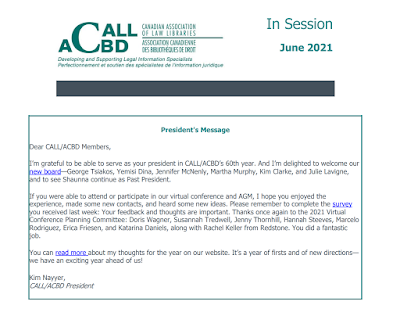"This report surveys how selected countries from the European Union (EU), namely France, Denmark, Germany, Greece, Portugal, Romania, Spain, Sweden, the United Kingdom (UK) and the laws of the European Union (EU) itself, provide privacy rights for children online."
"The EU introduced the General Data Protection Regulation (GDPR) in 2016. As a regulation, the GDPR is directly applicable in all Member States, but most Member States have introduced legislation to ensure consistency and compliance with the GDPR in their domestic laws. The GDPR also contains clauses that permit derogation in certain areas to allow Member States to incorporate elements of the GDPR into their national law 'as far as necessary for coherence and making it comprehensible.' While the UK is no longer a Member State of the EU, it incorporated all EU law as it stood on December 31, 2020, into a new body of domestic law known as 'retained EU legislation'."
"The EU’s GDPR regulates the processing of personal data and establishes several principles that those processing personal data must comply with: lawfulness, fairness, transparency; limitation of purpose; data minimization; accuracy and keeping data up to date; storage limitation; and integrity and confidentiality. Article 6 provides the circumstances under which data processing is lawful; the most common circumstance is where consent has been provided by the data subject (...)"
"The EU’s GDPR provides that consent from a parent or legal guardian must be provided to enable companies to process personal data for children under 16 years of age, and this age is used in Germany and Romania. The GDPR allows countries to provide lower ages of consent. France and Greece require the consent of a legal guardian for children under 15 years of age; Spain considers minors to be under 14 years of age; and Denmark, Portugal, Sweden and the UK set this age for consent at 13 years of age. The EU’s GDPR requires that information provided to children about the processing of their personal data must be presented in clear and simple terms that are easily understood."
The Law Library of Congress is the world’s largest law library, with a collection of over 2 and a half million volumes from all ages of history and virtually every jurisdiction in the world.


